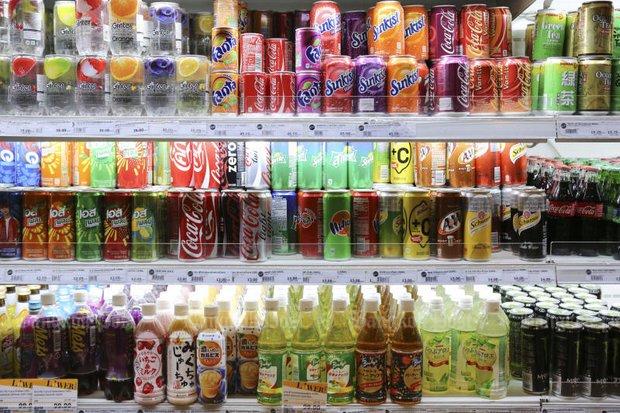Thailand: Six-year plan for sugary drink taxes
The Excise Department will bring up taxes over six years to help drink manufacturers gradually lower the sugar content of their products to meet the department’s threshold or face a significant rise in tax.
The grace period will be divided into two phases of three years each, said department planning bureau director Nutthakorn Utensute.
The department will reduce the tax by 20-30% for beverages that contain no sugar or use artificial sweeteners during the first three years after the tax comes into force on Sept 16.
In the fifth year, the Excise Department will double the tax rate on drinks that fail to comply with the department’s limit on sugar content, he said.
For the sixth year, sugar-sweetened drinks — those with sugar at 18 grammes per 100 millilitres — will see their taxes more than doubled, he said.
During the six-year grace period, the Excise Department will gradually reduce its limit for sugar content in beverages to comply with the World Health Organisation’s (WHO) standard, set at no more than six grammes per 100ml. At present, the average sugar content in beverages in Thailand is two times higher than the WHO standard.
The Excise Department has classified sugar content in beverages into five levels based on the 100ml volume: below six grammes, 6-10g, more than 10-14g, more than 14-18g and more than 18g.
But Mr Nutthakorn declined to reveal the sugary-drink tax rates, saying the tax will come on top of the duty to be computed based on suggested retail prices, which also come into effect on Sep 16.
The Excise Department hopes that the suggested retail prices, which will replace the existing ex-factory prices and cost, insurance and freight (CIF) values, will create a fairer system for manufacturers and importers after it found that some businesses have been exploiting the ex-factory and CIF values to understate their tax bills.
Mr Nutthakorn said that sugary drinks with a 1,000ml bottle have 10 times the sugar content of the 100ml size, so their tax bills must be higher.
Manufacturers will adjust their formulas to be less harmful by lowering the sugar content and using artificial sweeteners, he said, adding that the Excise Department is not concerned that the tax will affect its tax revenue collection as the measure is aimed at improving public health.
Non-alcoholic drinks generate tax income of 18-20 billion baht a year for the Excise Department.
An informed source at the department said sugary drinks that could be subject to the tax are carbonated soft drinks, coffee, green tea, energy drinks, yoghurt and soy milk, although some of them will tax exempt as they are classified as farm products.
Source: http://www.bangkokpost.com/news/general/1292787/six-year-plan-for-sugary-drink-taxes


 English
English




